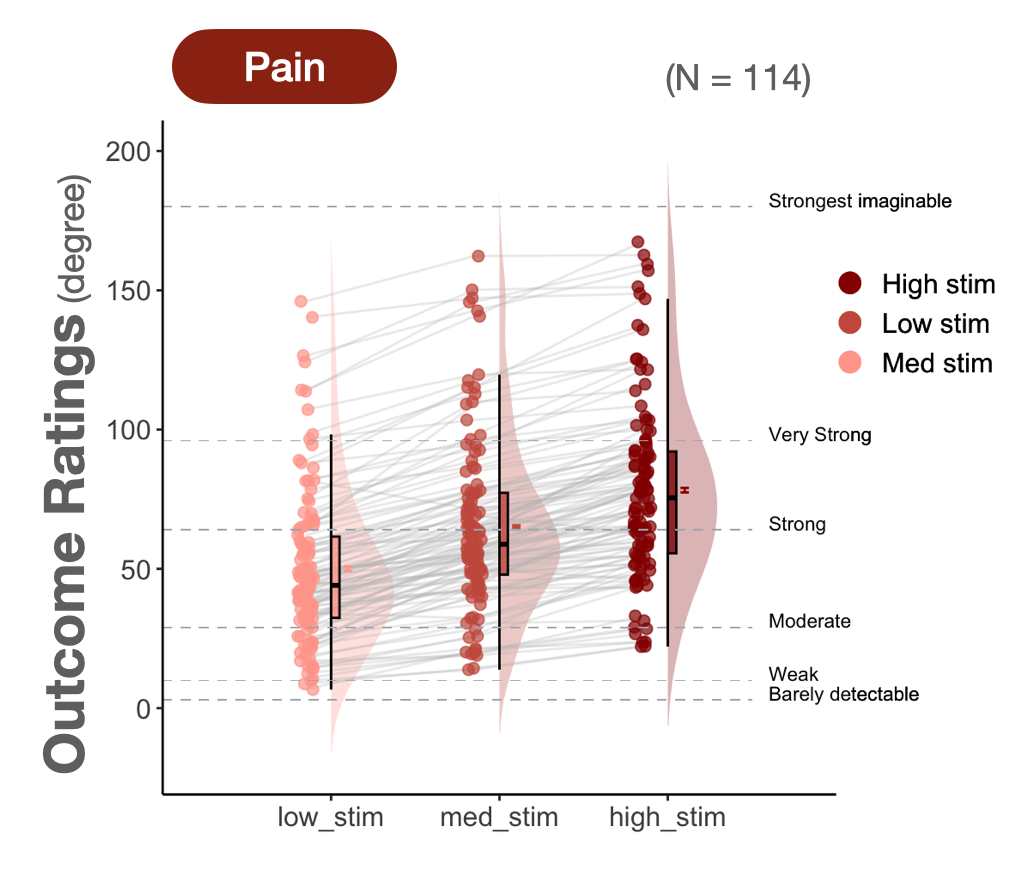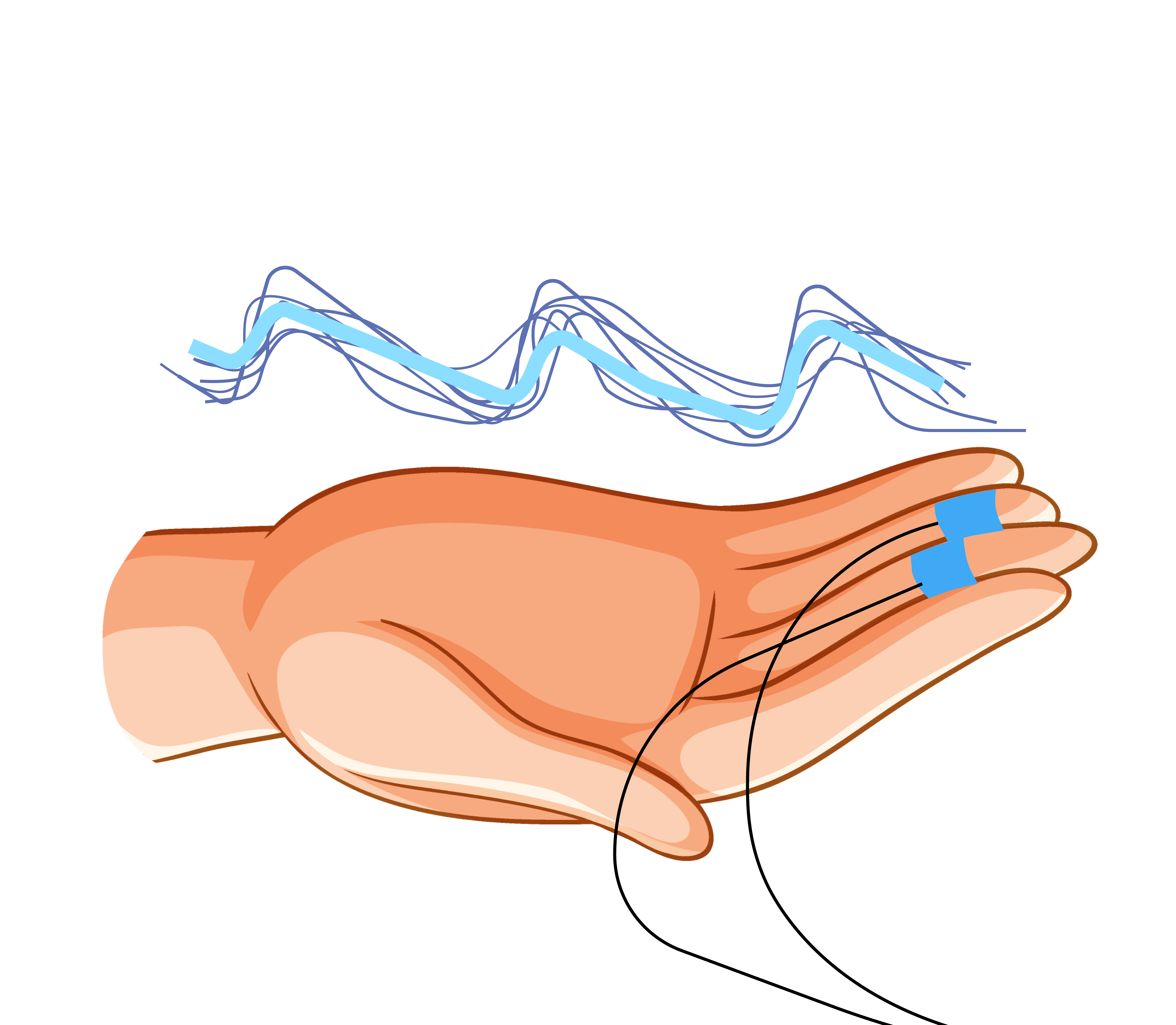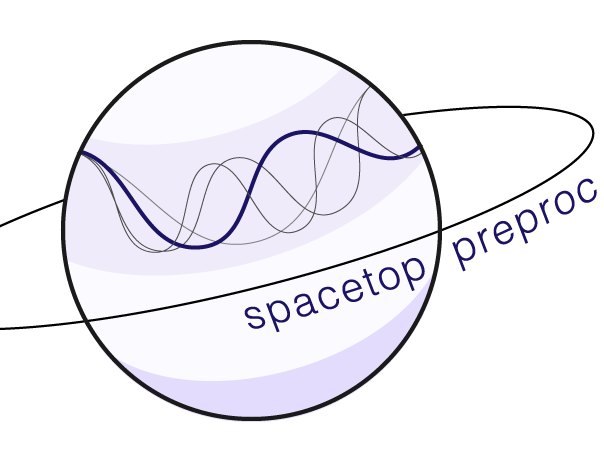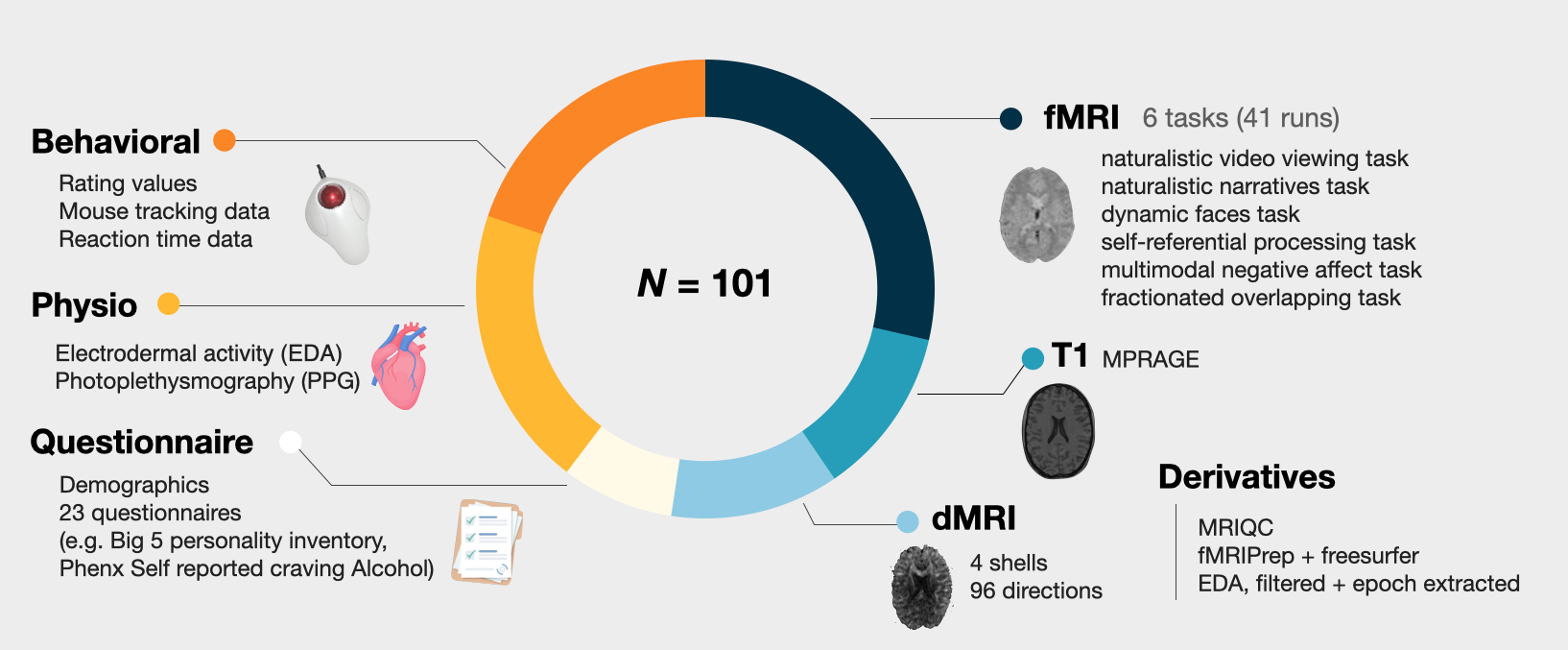Heejung Jung
Cognitive Neuroscience, PhD


I’m a cognitive neuroscientist, investigating expectations and future states. Specifically, I’m interested in how we represent future states. How can we think of a timepoint that never occured before, and how do these imagined future states influence our current thoughts and behavior?
As a postdoc at Dr. Josef Parvizi’s lab @Stanford, I link intracranial neural activity with behavioral paradigms and investigate how expectations modulate face perception. During my PhD training, I spearheaded a large scale fMRI dataset project and examined the relationship between expectations and pain processing at the Cognitive Affective Neuroscience Lab advised by Dr. Tor Wager and co-advised by Dr. McKell Carter. I’m also interested in macroscale neural dynamics across various cognitive states. I specifically dive into how these processes converge, eventually giving rise to novel, complex cognitive functions (illusrated here in my review paper).
heejung [dot] jung [dot] [at] stanford [dot] edu
Neurology & Neurological Sciences
Stanford University
Alway Bldg, Stanford, CA
Spacetop: A multimodal fMRI dataset unifying naturalistic processes with a rich array of experimental task
2025
Heejung Jung, Maryam Amini, Bethany A. Hunt, Eilis I. Murphy, Patrick Sadil, Yaroslav O. Halchenko, Zizhuang Miao, Philip Al. Kragel, Xiaochun Han, Mickela Heilicher, Bogdan Petre, Michael Sun, Owen G. Collins, Martin A. Lindquist, Tor D. Wager
Scientific Data,
12,
1465,
1-18
Action features dominate cortical representation during natural vision
2025
Heejung Jung, Xiaochun Han, Ma Feilong, Jane Han, Deepanshi Shokeen, Cara Van Uden, Isabella Hanson, Andrew C. Connolly, James V. Haxby, Samuel A. Nastase
BioRxiv,
,
,
Domain-general and specific effects of expectation on multimodal negative affect
Proceedings of 2024 Conference on Cognitive Computational Neuroscience
Heejung Jung, Aryan Yazdanpanah, Alireza Soltani, Martin A. Lindquist, Tor D. Wager
Does Representation Similarity Capture Function Similarity?
Lucas Hayne, Heejung Jung, R. McKell Carter
Transactions on Machine Learning Research
Divergent effects of expectations on behavior and brain
2023
Heejung Jung, Aryan Yazdanpanah, Alireza Soltani, & Tor D. Wager
Proceedings of 2023 Conference on Cognitive Computational Neuroscience
How can we reduce the climate costs of OHBM? A vision for a more sustainable meeting
2023
Samira Epp, Heejung Jung, Valentina Borghesani, Milan Klöwer, Marie-Eve Hoeppli, Maria Misiura, Elinor Thompson, Niall W Duncan, Anne E Urai, Michele Veldsman, Sepideh Sadaghiani, Charlotte L Rae
Aperture Neuro,
3,
August,
1-16
Unpacking placebo and working memory training effects on cognitive performance
2022
Tor D. Wager, Heejung Jung
Proceedings of the National Academy of Sciences of the United States of America,
119,
42,
Novel Cognitive Functions Arise at the Convergence of Macroscale Gradients
2022
Heejung Jung, Tor D. Wager, R. McKell Carter
Journal of Cognitive Neuroscience,
34,
3,
381–396
A Nexus Model of Restricted Interests in Autism Spectrum Disorder
2020
R. McKell Carter, Heejung Jung, J. Reaven, A. Blakeley-Smith, G. S. Dichter
Frontiers in human neuroscience,
14,
212,
1-11

Neural correlates of expectantions across multiple domains
Expectations can shape experiences. Perceiving a shot as more painful if warned by a doctor, or finding a midterm easy after a friend’s heads-up are everyday examples. I investigate how expectations affect experiences of across multiple domains of somatic pain, vicarious pain, and cognitive effort.
Check out my analysis notebook; please note that it’s a working document for reproducibility and documentation, not a final product → Cue-expectancy Rbookdown

BIDS-ifying and analyzing skin conductance response
This is a repository that converts raw physiological data, collected from Acknowledge Biopac system, into BIDS compatible tsv files. It identifies boundaries between runs and splits them into separate runs. This tool box also extract event files based on TTL signals and digital channel toggles.
This is work in collaboration with Isabel Neumann - check out our walkthrough here → Physio Walkthrough Google Colab

A python library for preprocessing everything in my dataset
For reproducibility purposes, I keep track of my preprocessing code for any quality control step. This includes mriqc, fmriprep, but also custom-made code, such as plotting the voxel wise correlations across runs. This extends to organizing behavioral data and maintaining questionnaire databases. The goal is to provide a comprehensive, open-source codebase alongside the opensource dataset for others to use.

Published code for data collection
Reproducibility is fundamental and begins at the very outset with data collection. To ensure this, I meticulously froze and packaged all code before initiating data collection. Each distinct repository, like ‘task-faces’ and ‘task-narratives’, is time-stamped at data collection launch